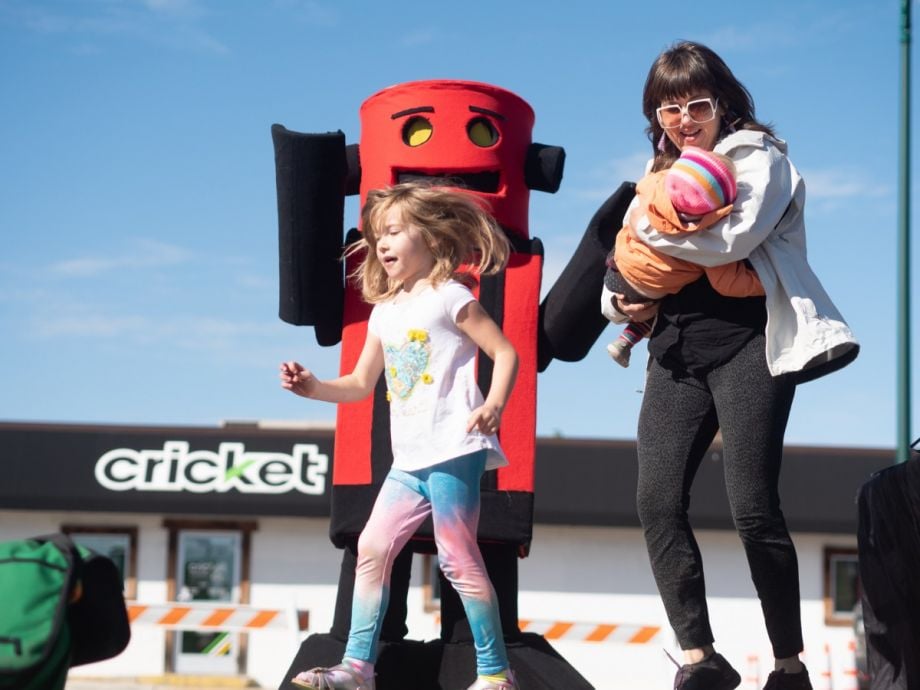

(Photo by Peter Jamus / Springboard for the Arts)
As traditional arts funding is threatened, creative communities are taking matters into their own hands by experimenting with guaranteed income, community land trusts, and other tools to protect cultural assets.
In this episode of Next City, we delve into how solutions featured in the “Routledge Handbook of Urban Cultural Planning” demonstrate that communities can reclaim space for creativity through collective ownership and mutual care:
- Laura Zabel, executive director of Springboard for the Arts in Minnesota, discusses a guaranteed income pilot that supports 100 artists, making the case that supporting art means supporting artists.
- Erika Hennebury, senior cultural affairs officer and co-lead for the City of Toronto’s Office for Cultural Space, explains how community land trusts can be adapted to safeguard cultural spaces, emphasizing that true preservation depends on keeping land in community hands.
- Annie McShiras of the East Bay Permanent Real Estate Cooperative shares how their multi-stakeholder cooperative is reclaiming property and restoring a historic jazz corridor in Oakland.
“The more that we can show that these are solutions that really work for people, eventually maybe the political tides will change, and we can actually galvanize the social support that we desperately need from the coffers of government funding,” McShiras says.
Listen to the episode below or subscribe to the Next City podcast on Apple, Spotify or Goodpods. This episode is based on a Next City webinar, a recording of which can be watched in our library.
This post was originally published on Next City.